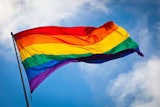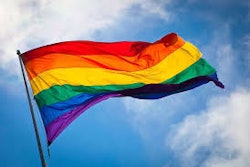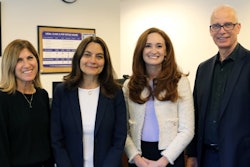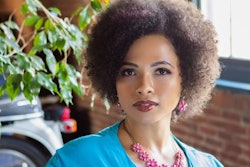HIV Prevention Programs in U.S. Target Black Audiences
CHICAGO
The sixth annual National Black HIV/AIDS Awareness and Information Day brought university students to Roosevelt University’s auditorium in downtown Chicago last week to hear some music, gather some information and get tested for HIV.
“You always want to know,” said 21-year-old student Gia Davenport. “If you have the opportunity to protect yourself and be more knowledgeable, you should take that chance.”
Davenport was one of thousands of people nationwide who took part in HIV/AIDS awareness programs last week.
Organizations across the United States held outreach events, including a Safer Sex Comedy Show in New York City and candlelight vigils from Florida to California.
The events are just one way HIV/AIDS service providers nationwide have developed prevention and treatment programs specifically tailored to reach Black audiences.
The awareness day campaign was launched six years ago to address disproportionately high rates of HIV in the Black community. While Blacks make up 13.5 percent of the U.S. population, they are 47 percent of the 1 million Americans living with HIV, according to the U.S. Centers for Disease Control and Prevention.
In Los Angeles, the Minority AIDS Project sends its outreach workers into universities, beauty shops, nail salons, shopping centers, welfare offices and laundromats to bring its safe-sex messages to Black women.
“They’re not going to come to you,” said Carolynn Martin, program manager for client services for the AIDS project.
The New York City-based Gay Men’s Health Crisis, the country’s oldest HIV/AIDS organization, also sends its peer educators into bars and clubs. Both organizations also have had some success working with Black churches.
The New York group has seen firsthand the changing face of the epidemic.
“We started off serving White gay men, and 25 years later, over 70 percent of our clients are people of color,” said Robert Bank, the organization’s associate executive director for programs and operations. Today, its clients include children, and men and women of all sexual orientations.
Traditional HIV prevention programs have not had much success reaching the Black community, advocates say, because Blacks tend to think of HIV as something that happens to other people.
“We believe that it belongs to gay White men,” said Martin of the Minority AIDS Project. “We don’t see movies about the poor Black girl who got infected by her significant other.”
That lack of awareness has meant that many people in the Black community aren’t likely to get tested. According to the CDC, one-fourth of all people with HIV in the United States don’t know whether they have it.
To encourage more widespread testing, particularly in high-risk areas, organizations have taken to offering creative incentives. The Minority AIDS Project gives away up to $10 (euro8.35) in cash, grocery and drug store vouchers, tickets to basketball games provided by Magic Johnson, turkeys at Thanksgiving and toys at Christmas.
In Chicago last week, participants in the national AIDS day program were treated to a free performance by the rapper Twista.
“The incentives are the thing,” said Martin of the Minority AIDS Project. “You’ve got to do something to get their attention.”
— Associated Press
© Copyright 2005 by DiverseEducation.com


















